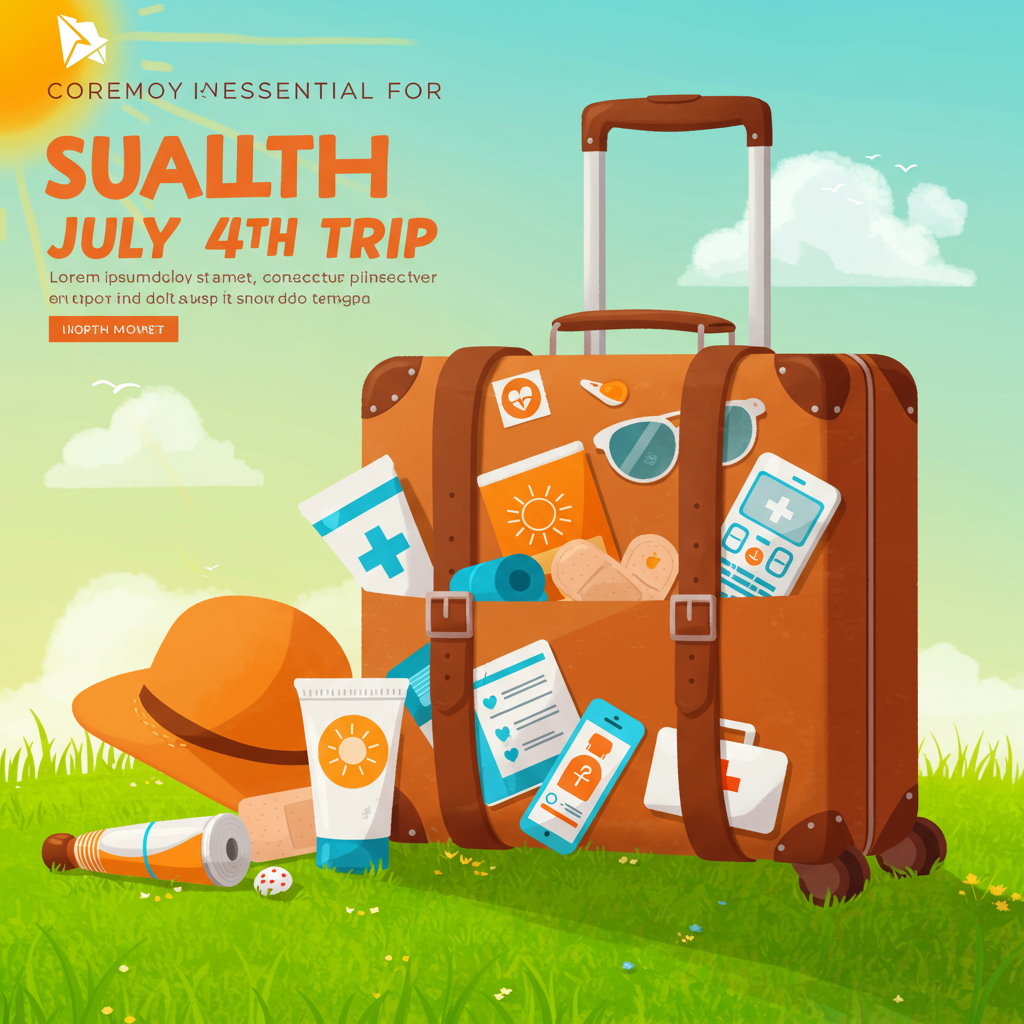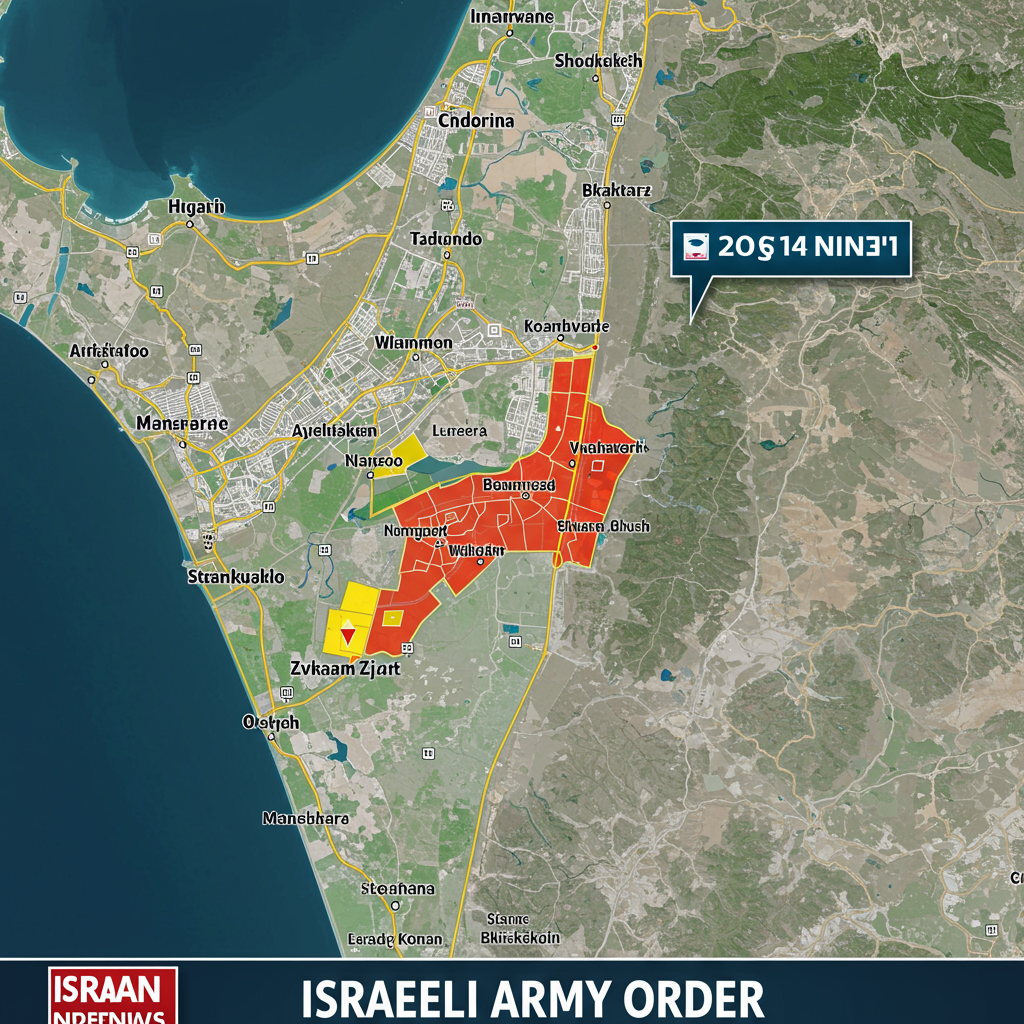Planning your upcoming July Fourth holiday weekend getaway? Millions are anticipating summer trips, family reunions, and enjoying warm weather activities. But alongside packing swimwear and planning barbecues, prioritizing your health is critical for a truly worry-free break. This year, health experts are raising specific concerns for travelers, particularly regarding a notable rise in measles cases across the U.S. and effective sun protection. Let’s explore the key health considerations you need to be aware of to ensure your holiday is both fun and safe.
Measles Resurgence: A Rising travel Concern
Measles might seem like a disease confined to history books, largely eradicated thanks to widespread vaccination efforts. However, a significant increase in cases is currently affecting the United States. 2025 is showing substantially higher measles numbers compared to recent years. This uptick is primarily driven by international travel exposing unvaccinated individuals and pockets of communities with low vaccination rates. By mid-year, over 1,100 cases had been reported across 34 states, with major outbreaks impacting areas like Texas, New Mexico, Colorado, Georgia, and Virginia. The concern isn’t limited to the US; countries in Europe, Africa, and Asia, along with neighbors like Canada and Mexico, are also experiencing increased measles activity. Experts warn the ongoing outbreak originating in West Texas could take a year to contain and potentially become a national issue if vaccination rates don’t rise significantly.
Why Measles is a Threat to Travelers Now
The primary reason behind the surge in measles is falling vaccination rates in some areas. Years of low case numbers led to complacency, creating gaps in the population’s immunity. Measles is considered the most infectious disease known. It spreads incredibly easily through the air. When an infected person coughs or sneezes, tiny respiratory droplets containing the virus can float in the air for up to two hours after they leave the room. This makes crowded travel environments like airports, airplanes, train stations, and bus terminals potential exposure sites, even without direct contact with someone who is visibly sick. One infected person can transmit the virus to as many as 12 to 18 others in an unprotected population.
Recognizing Measles Symptoms and Risks
Measles typically begins with a high fever, cough, runny nose, and red, watery eyes. A characteristic red rash appears a few days later, usually starting on the face and neck before spreading down the body. While the rash is the most visible symptom, measles can lead to severe complications. These include pneumonia (infection of the lungs), encephalitis (swelling of the brain), severe diarrhea and dehydration, ear infections, and sadly, even death. Young children under 5, pregnant women, and individuals with weakened immune systems are particularly vulnerable to severe outcomes. A concerning finding is that measles infection can cause “immune amnesia,” potentially weakening the immune system’s memory of past infections for years and increasing susceptibility to other diseases. Globally, measles remains a deadly threat, causing an estimated 107,500 deaths in 2023, mostly in unvaccinated young children. Infected individuals are contagious from four days before the rash appears until four days after it starts. Symptoms can take 10 to 21 days to develop after exposure.
The MMR Vaccine: Your Best Defense Strategy
Your strongest protection against measles is the Measles-Mumps-Rubella (MMR) vaccine. A single dose provides about 93% protection against infection. Two doses boost this protection to approximately 97%. While a small percentage of fully vaccinated people (around 3%) can still contract measles, their illness is generally much milder. The overwhelming majority (95%) of cases in current US outbreaks are occurring in unvaccinated or under-vaccinated individuals. To achieve “herd immunity,” where enough people are protected to prevent widespread transmission, approximately 95-97% vaccination coverage is needed. Many communities in the US, including areas experiencing outbreaks like parts of Colorado and Texas, fall below this critical threshold.
Essential Pre-Travel Health Planning
Ensuring your measles travel health status is up-to-date is paramount before any trip, especially for the busy July 4th weekend. The CDC strongly advises everyone to check their and their family’s MMR vaccination records. Consult with your healthcare provider to confirm you are fully vaccinated according to recommended schedules. This is even more crucial for international travel, given widespread global outbreaks.
Specific CDC Guidance for Travelers:
- Babies (6-11 months): Should receive an early, single dose of the MMR vaccine at least two weeks before departing for international destinations. This provides some protection until they receive their routine doses.
- Children and Adults Without Immunity: If you are not vaccinated and have no history of measles infection, you should receive two doses of the MMR vaccine, spaced at least 28 days apart. Complete this series at least two weeks before your trip for full protection.
- During Outbreaks: In areas experiencing active outbreaks domestically, accelerated vaccination schedules might be recommended by local health officials.
- Consider Postponing Travel: The CDC suggests that individuals without evidence of immunity to measles should consider postponing international travel. Unvaccinated travelers risk both contracting measles abroad and bringing it back home to potentially spread to others. Carrying proof of vaccination can be helpful for international travel.
- Sunscreen Choice: Use a broad-spectrum sunscreen with an SPF of 30 or higher. Broad-spectrum protects against both UVA (aging rays) and UVB (burning rays). SPF 30 blocks approximately 97% of UVB rays. Consider higher SPF for fair skin, high altitudes, or intense sun exposure. Sunscreens are typically chemical (absorb UV, lighter texture) or mineral (reflect UV with zinc oxide/titanium dioxide, often better for sensitive skin).
- Application: Apply sunscreen generously to all exposed skin at least 15 minutes before going outside.
- Reapplication: Reapply every two hours, or more often if swimming or sweating heavily.
- Beyond Sunscreen: Supplement sunscreen by seeking shade, especially during peak sun hours (typically 10 a.m. to 4 p.m. or 11 a.m. to 3 p.m.). Wear protective clothing, including wide-brimmed hats that shade your face and neck, and sunglasses that block UV rays.
- Food and Water: Be cautious with food and water sources, especially in unfamiliar places. Drink bottled water. Be prepared for potential traveler’s diarrhea by staying hydrated with bottled fluids and rehydration salts if needed.
- Mosquito Protection: In many destinations, including some in Europe, mosquitoes can transmit diseases. Use insect repellent containing at least 50% DEET on exposed skin. Consider long sleeves and pants, and bed nets if sleeping in areas without screens or air conditioning. Stay aware of risks like Dengue, Zika, and Chikungunya.
- Carbon Monoxide: For peace of mind in rental accommodations like cabins or apartments, consider packing a portable, battery-powered carbon monoxide detector. These devices are inexpensive (around $20) and lightweight but can alert you to this odorless, silent, and potentially deadly gas.
- Healthy Eating: Maintaining healthy habits while traveling is manageable even on a budget. Incorporate pulses like beans, peas, and lentils into your meals. They are excellent, inexpensive sources of protein and fiber, supporting gut health and stable blood sugar. Canned options are portable and easy to add to salads, soups, or snacks.
- www.travelandtourworld.com
- ukhsa.blog.gov.uk
- publichealth.jhu.edu
- www.texastribune.org
- www.nbcnews.com
Beyond measles, comprehensive pre-travel planning involves checking any existing health conditions are stable and packing necessary prescription medications and a basic first aid kit. Research destination-specific health risks using reliable sources like national health agencies. Be aware that some common medications might be restricted or illegal in other countries. Also, consult your doctor about potential additional vaccinations or preventative medications you might need depending on your destination and activities, such as vaccines for Typhoid, Hepatitis A, or discussing anti-malaria tablets. Plan travel clinic visits at least 4-6 weeks before departure if needed.
Staying Healthy During Your Holiday
Your health efforts shouldn’t stop once you’ve left home. Be mindful of potential exposures while traveling. Practice good hand hygiene frequently, especially after being in public spaces or before eating. If soap and water aren’t available, use an alcohol-based hand sanitizer.
Sun Safety Strategies:
The July sun can be intense. Protecting your skin is vital to prevent sunburn and reduce long-term skin cancer risk.
Other In-Trip Health Tips:
Monitoring Health Upon Your Return
After returning home from your July Fourth trip, continue to monitor yourself and anyone who traveled with you for symptoms, particularly measles. Measles symptoms can take up to three weeks to appear after exposure. If you develop a fever and rash, contact your healthcare provider immediately. It is crucial to inform them about your recent travel history and vaccination status before you go into the clinic or hospital. This helps them take necessary precautions to prevent any potential spread to others. Isolation protocols are essential if measles is suspected.
Seek urgent medical attention if you develop specific concerning symptoms like a high fever (38°C or higher), blood or mucus in stool, confusion, severe abdominal pain, jaundice (yellowing skin/eyes), or an unusual rash. Any animal bite or scratch in an area where rabies is common should be treated as a potential exposure requiring urgent medical care. If you develop fever or flu-like symptoms after visiting a country with malaria risk, seek immediate medical help as it could be a medical emergency.
Prioritizing your overall well-being during travel is also key. Remember to stay hydrated, get enough rest, and listen to your body’s signals. Travel can sometimes be tiring or stressful, so don’t hesitate to seek help if you feel unwell physically or emotionally. Taking these simple steps contributes significantly to a safe and enjoyable holiday experience for you and your travel companions.
Frequently Asked Questions
How contagious is measles and where are current outbreaks reported?
Measles is extremely contagious, often called the most infectious disease known. It spreads via airborne droplets that can linger in the air for up to two hours. As of mid-2025, increased cases are reported across 34 US states, with significant outbreaks in Texas, New Mexico, Colorado, Georgia, and Virginia, often linked to travel and under-vaccinated groups. Outbreaks are also occurring globally in Europe, Africa, Asia, Canada, and Mexico.
What is the CDC’s main travel advice for measles before the July 4th weekend?
The CDC strongly recommends checking your family’s MMR vaccination status before traveling, especially internationally or to domestic outbreak areas. Consult your doctor to ensure you are up-to-date. For international travel, the CDC advises an early MMR dose for babies 6-11 months old and two doses spaced 28 days apart for older individuals without immunity, completed two weeks before travel.
Should I travel internationally this July 4th if I’m not vaccinated against measles?
The CDC advises individuals without evidence of measles immunity to consider postponing international trips. Unvaccinated travelers face a high risk of getting measles abroad due to ongoing global outbreaks. Contracting measles can lead to severe complications, and bringing the virus back home can expose vulnerable individuals. Vaccination is the recommended protection before traveling.
Conclusion
As you finalize your plans for the July Fourth weekend, taking a moment to focus on health preparedness is an essential step towards a safe and enjoyable trip. Staying informed about current health concerns, like the measles resurgence, and proactively taking measures like ensuring your MMR vaccination is current are vital. Combining this with diligent sun safety practices, being mindful of hygiene, and considering simple precautions like a portable carbon monoxide detector can make a significant difference. Prioritize your well-being, stay healthy, stay safe, and have a wonderful and relaxing holiday!
Word Count Check: 1516




